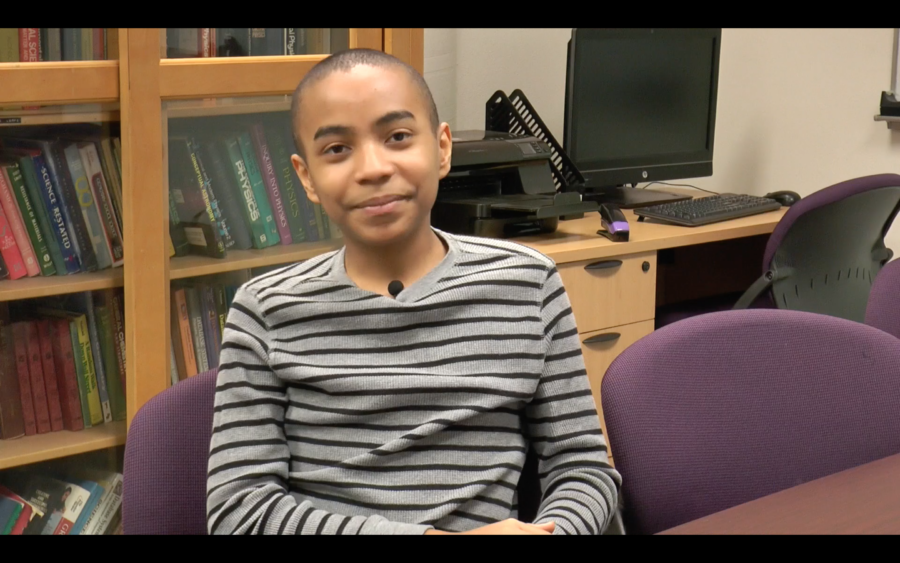The Phonathon program, which hires student callers to solicit donations for the university’s annual fund, has a goal of raising $630,000 in 2004, the program’s director said.
The 70 student callers raised $605,000 in 2003, missing their goal of $630,000, because the office closed a few times due to bad weather and the war with Iraq, said Kelly Imig, the director and annual fund officer.
On average, the callers raise about $5,000 a night during their near three-hour shifts, during which they are expected to make 100 calls each, Imig said.
Imig said the callers are already $65,000 ahead of where they should be and that the 2004 goal will be reached as long as the call center, located in the Student Center basement, does not close.
Nancy Petruso, assistant vice chancellor of advancement services, said the program is a good way for students to learn the skills necessary for fund raising.
Imig, who graduated from TCU in 2001 and started working as the program director in July 2002, said the capital raised by the callers for the annual fund is used for student scholarships, technology upgrades, library research and faculty salaries.
“The money in the annual fund isn’t used to build new buildings on campus, but it allows for everything that goes on inside of the buildings to take place,” Imig said.
The callers phone alumni from every class that have never given or have given up to $999 in the past and typically ask for donations of $1,000, Imig said. However, the program accepts gifts of all sizes, she said.
“Everything adds up,” Imig said. “If everyone gave just $25, we probably wouldn’t need the Phonathon program anymore.”
Kayla Hunt, a two-year student caller and political science major, said, “It teaches you how to deal with different types of people and how to sell yourself and a product.”
One program, called “Share a Minute With TCU,” is particularly successful and asks the potential donor for a gift of $435.50, which is the approximate cost of running TCU for one minute, Imig said. This figure is computed by dividing the annual budget by the number of minutes in the year, she said.
The Phonathon program was established in 1978 with volunteers from different campus organizations and became a paid position in 1991, Imig said.




